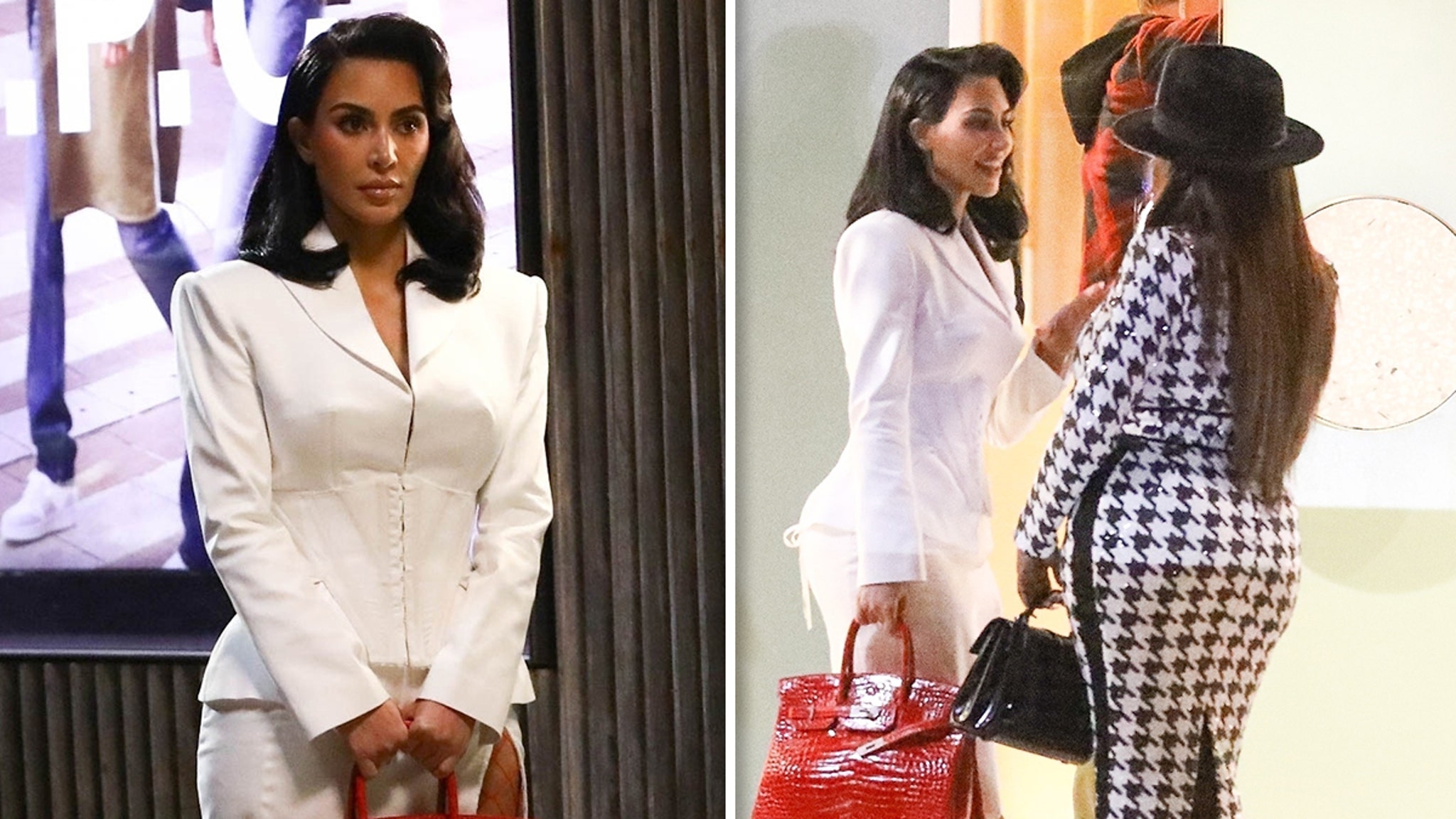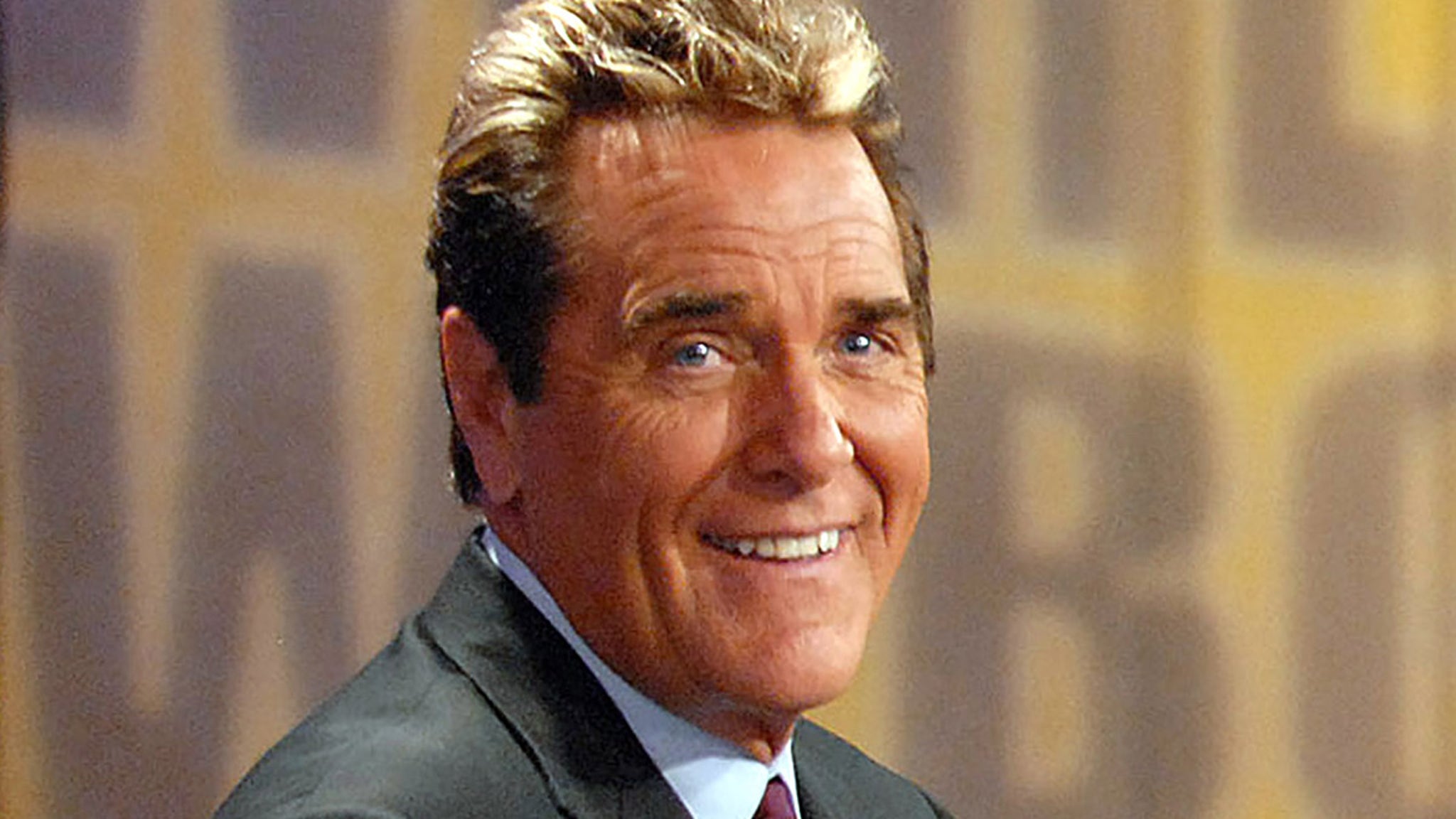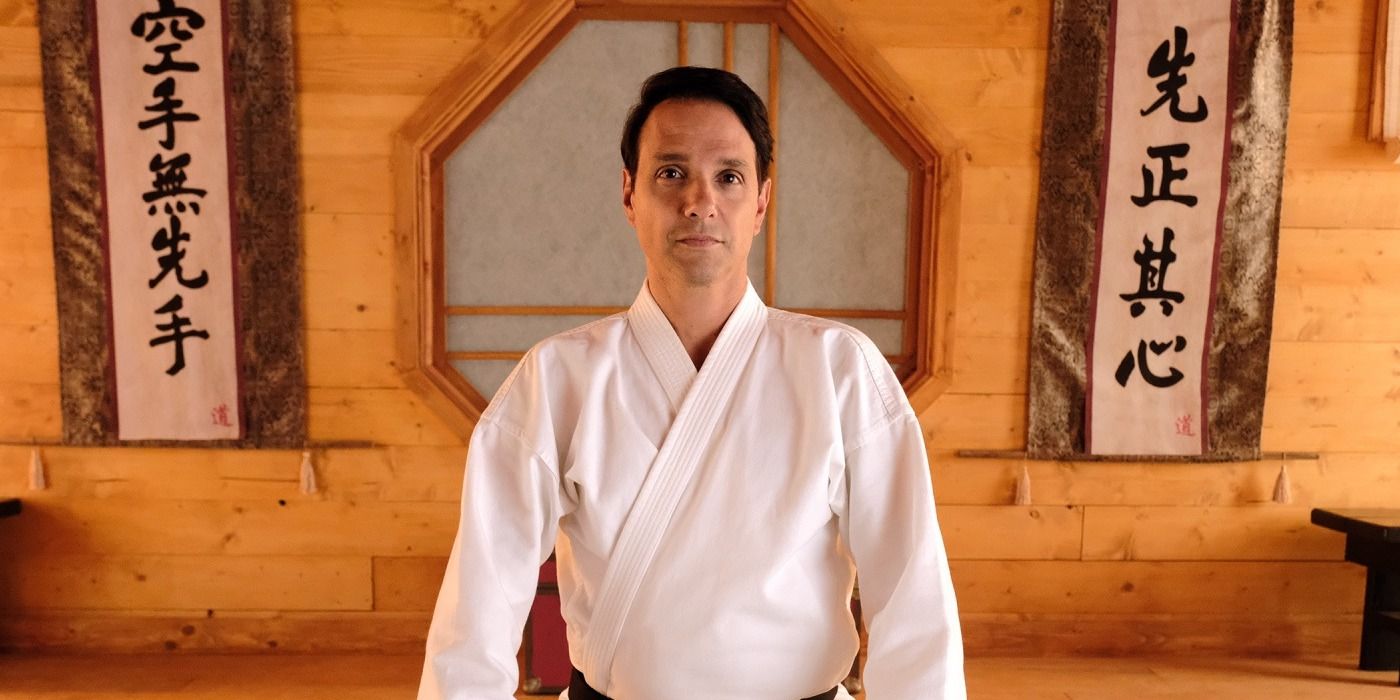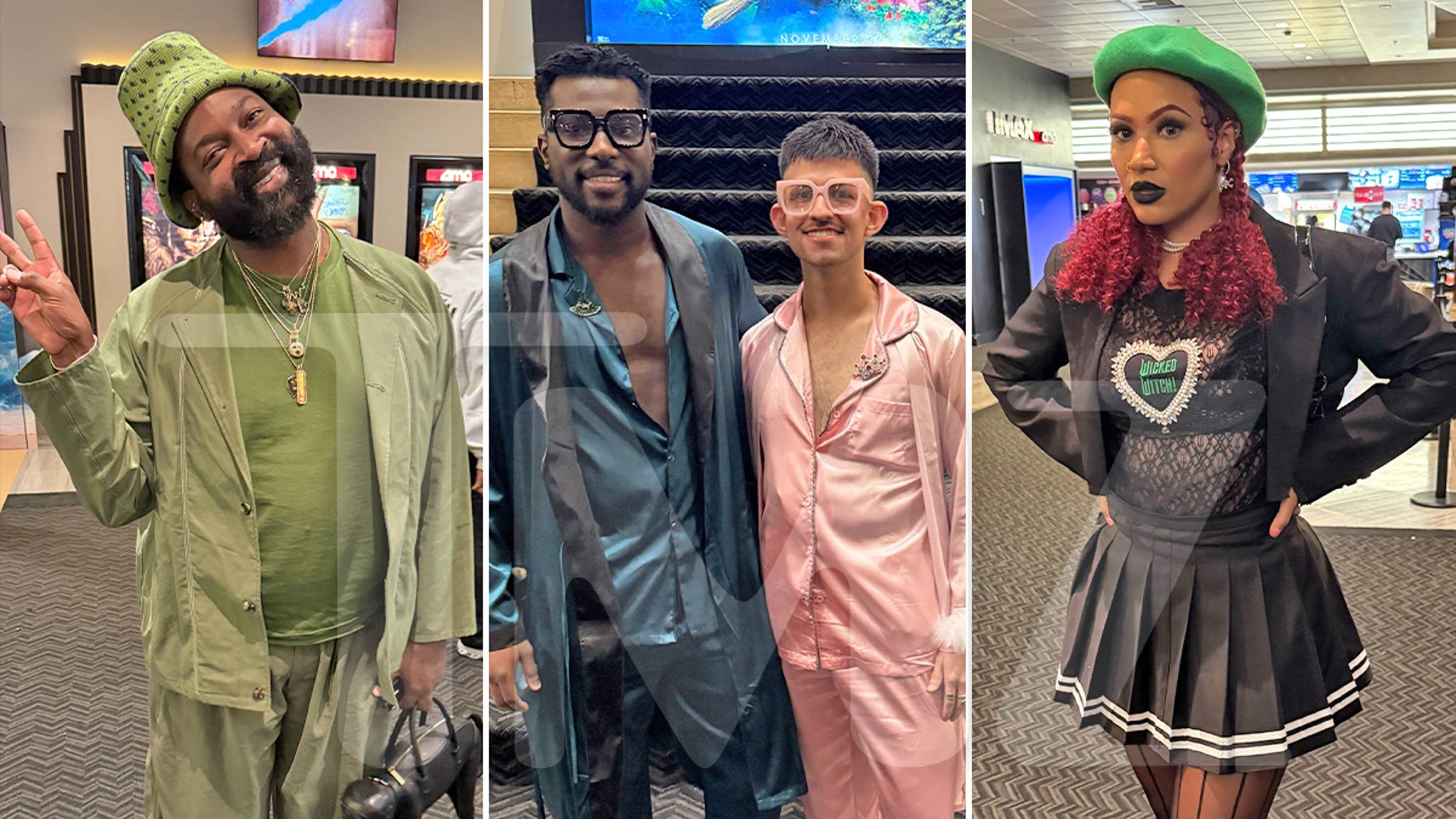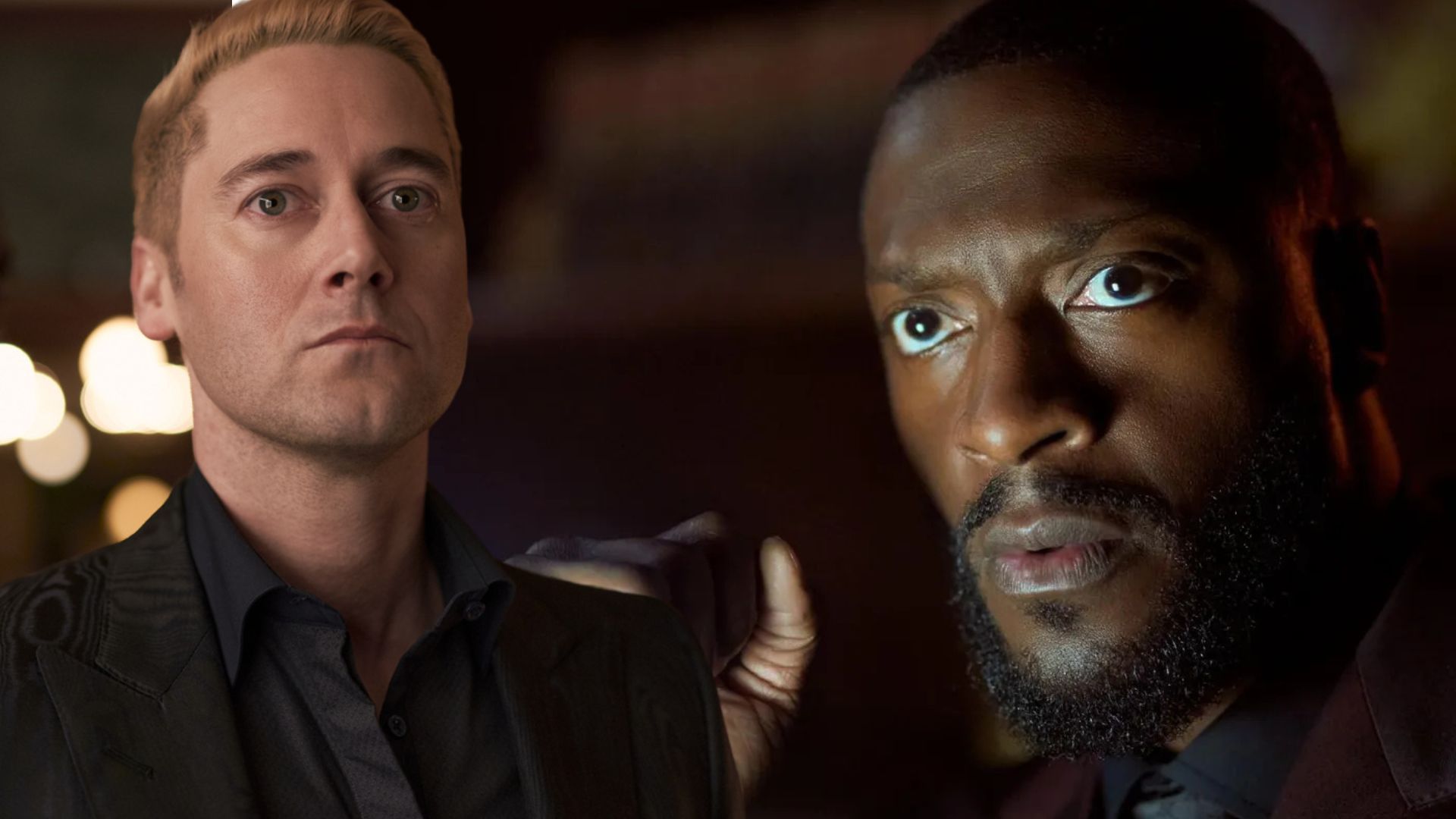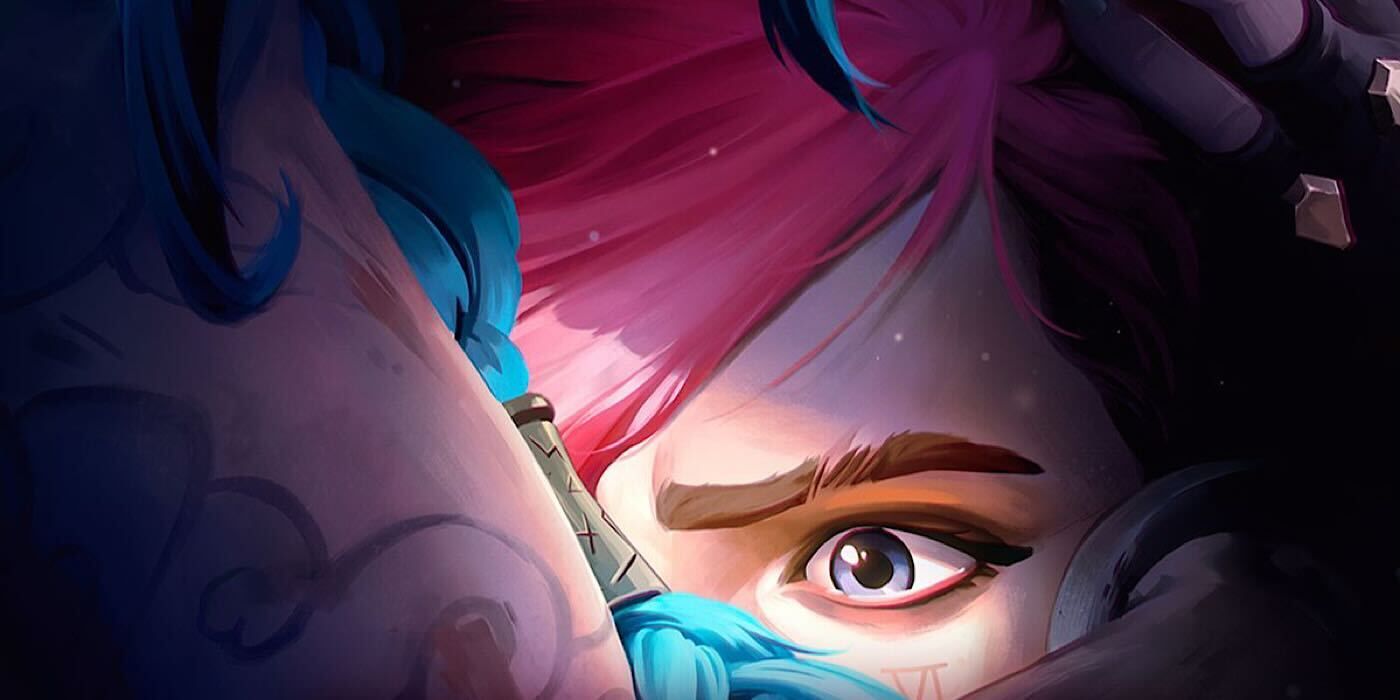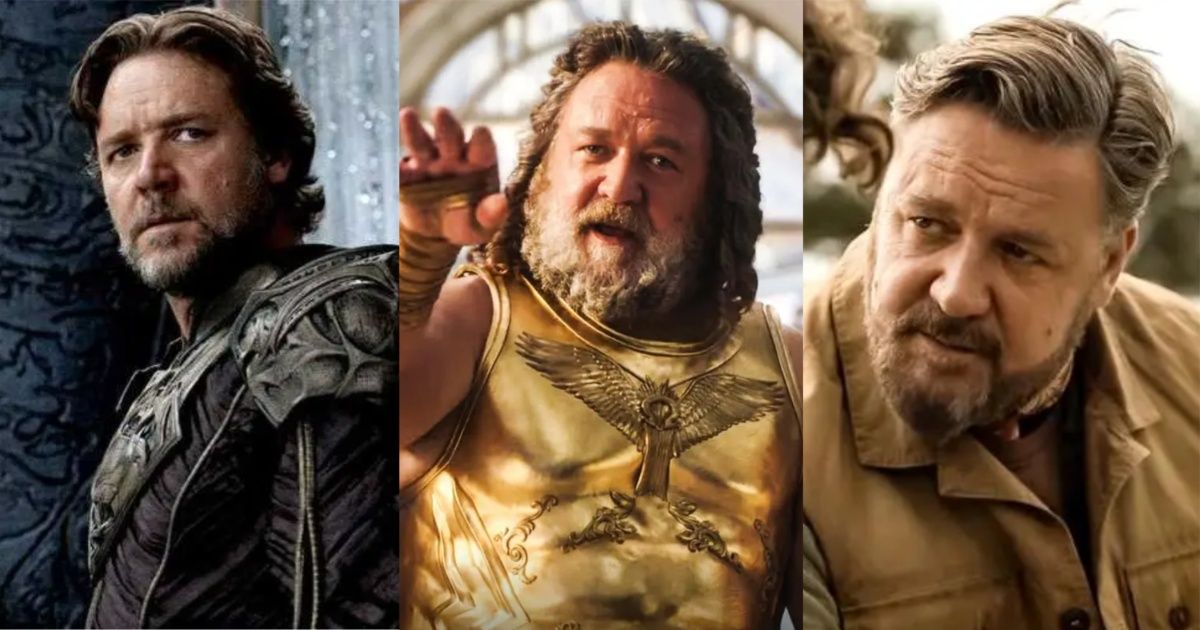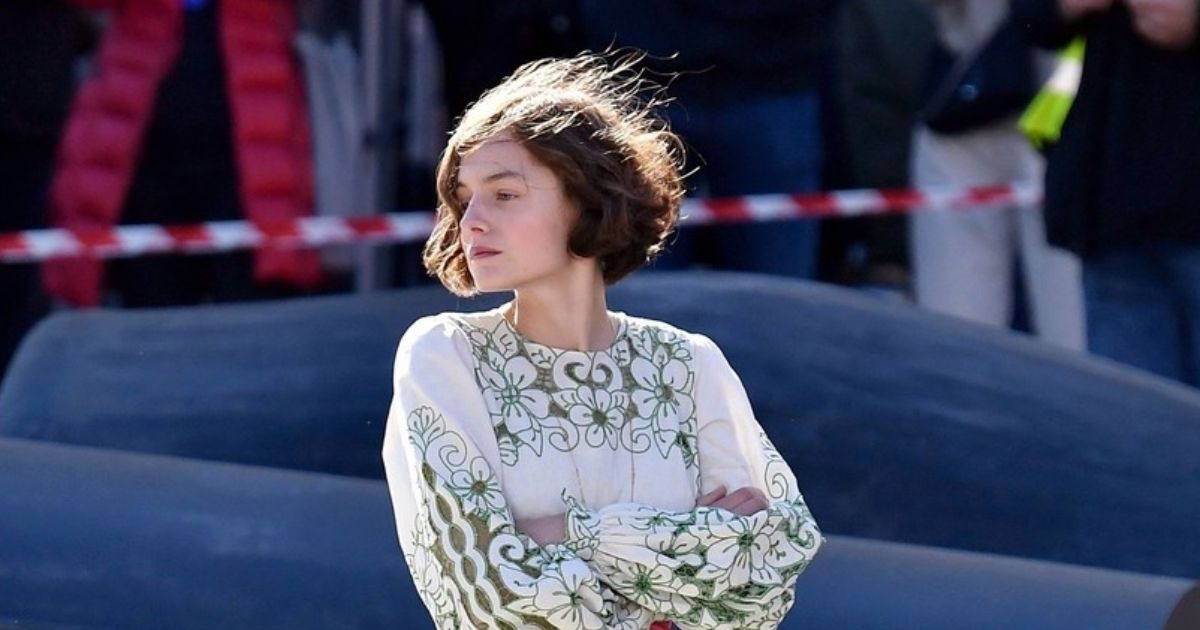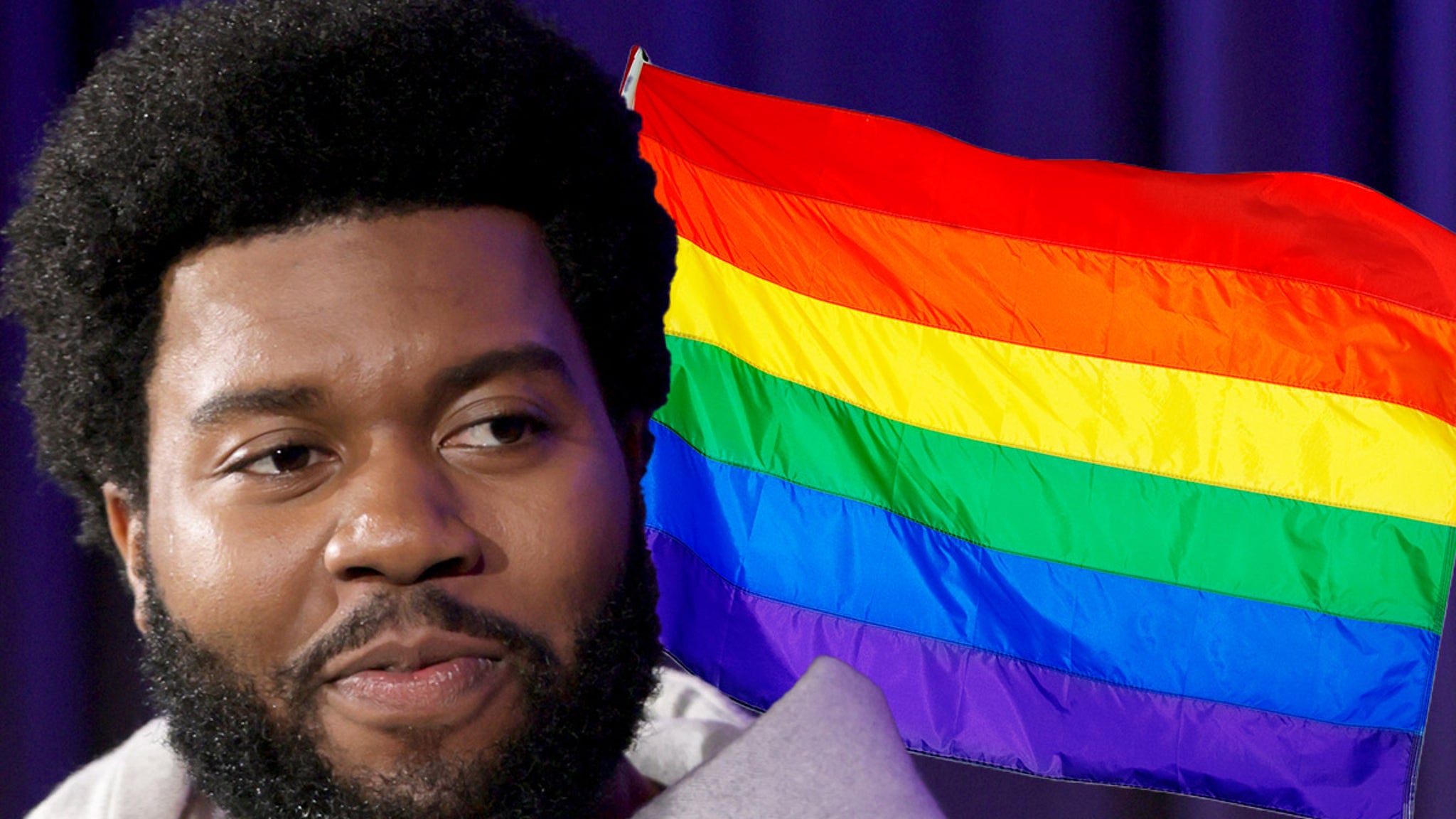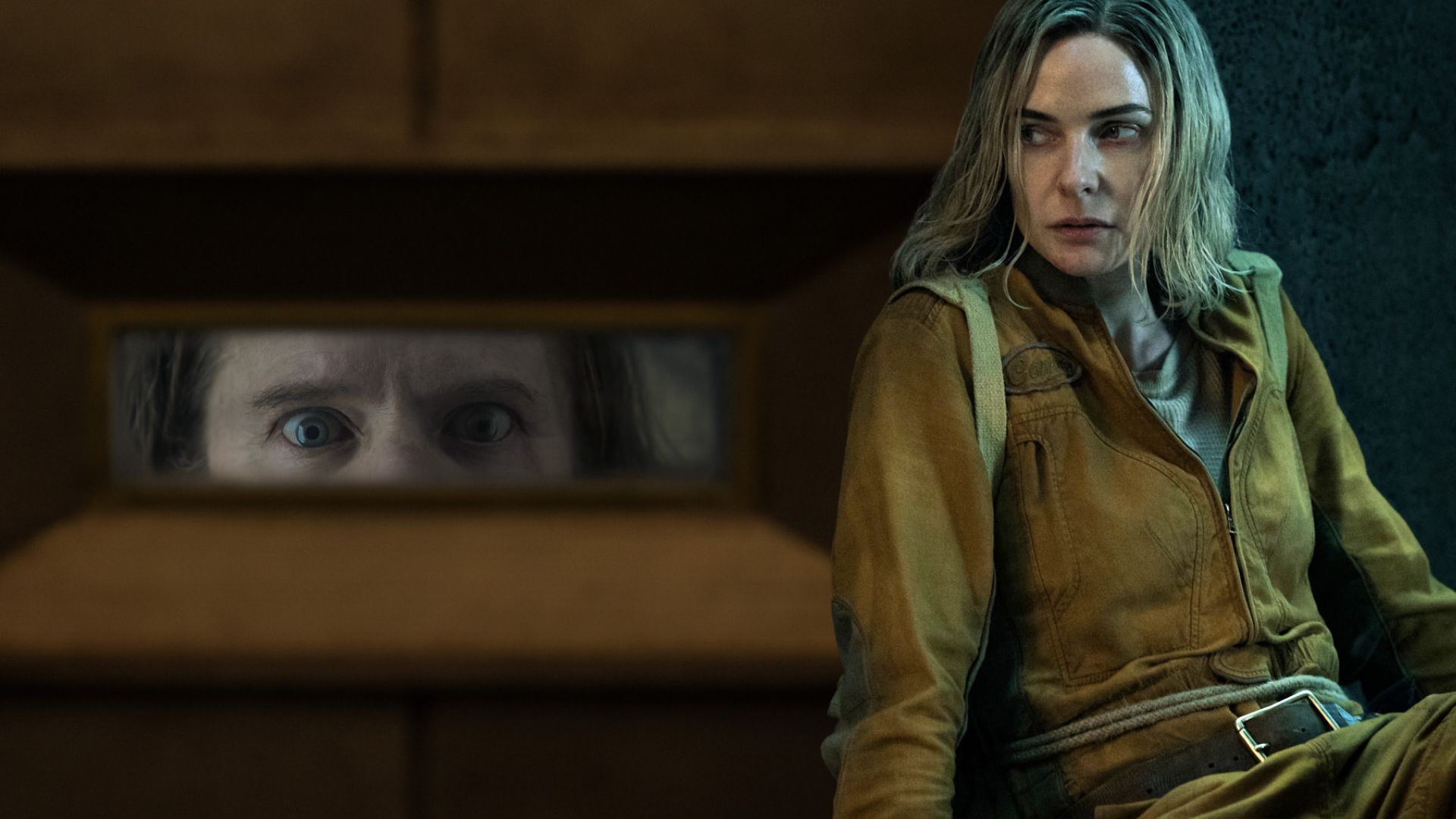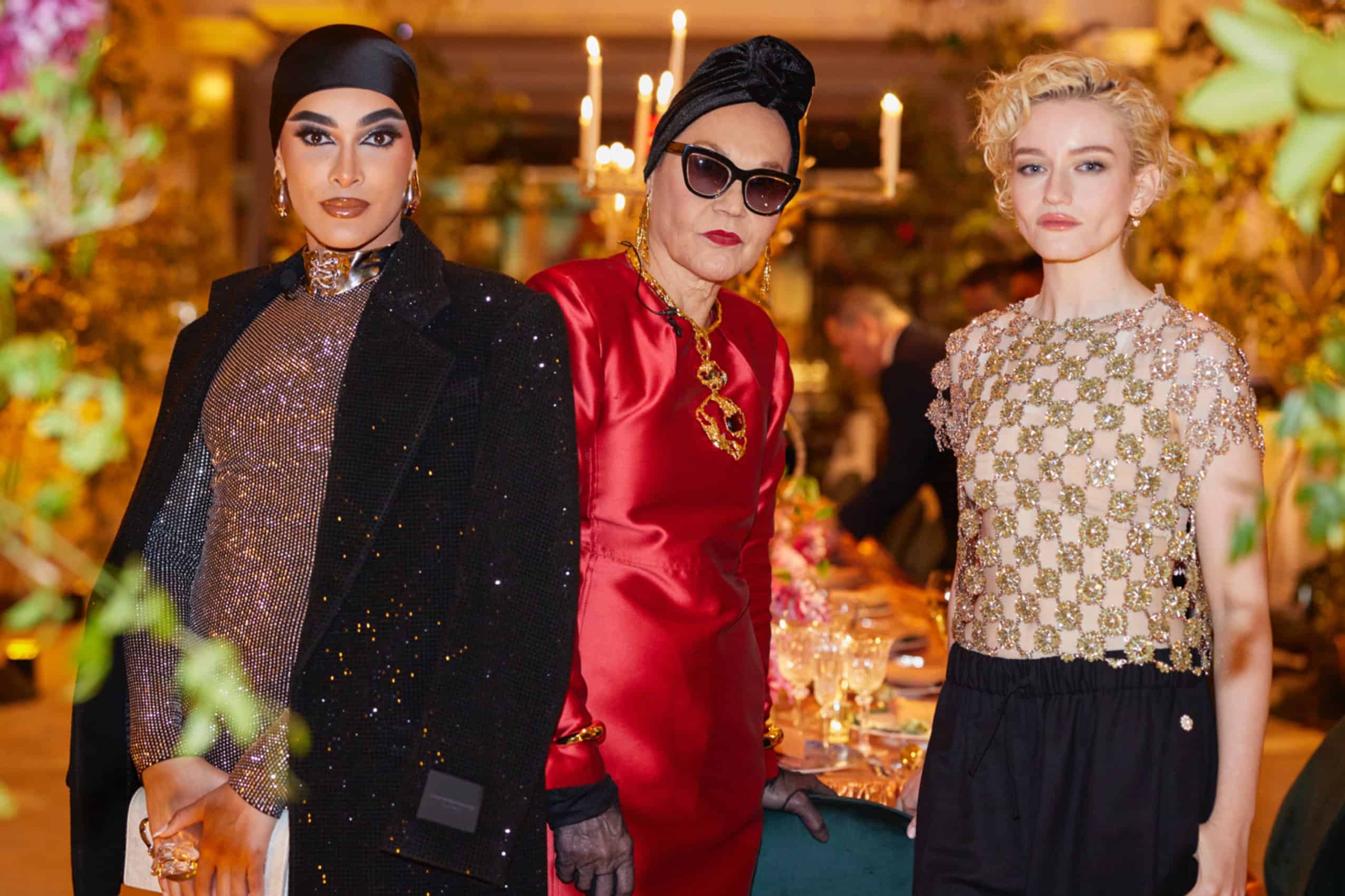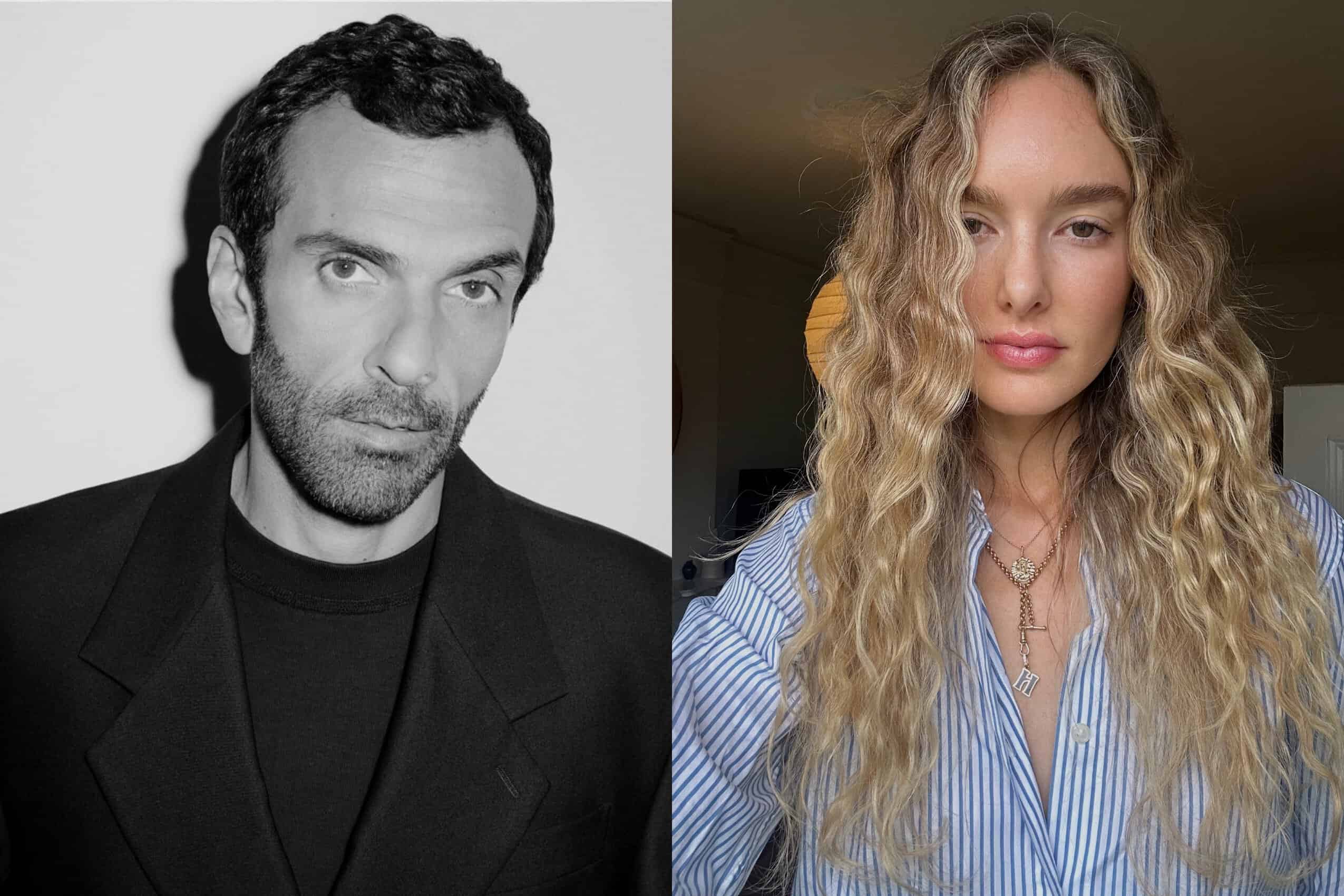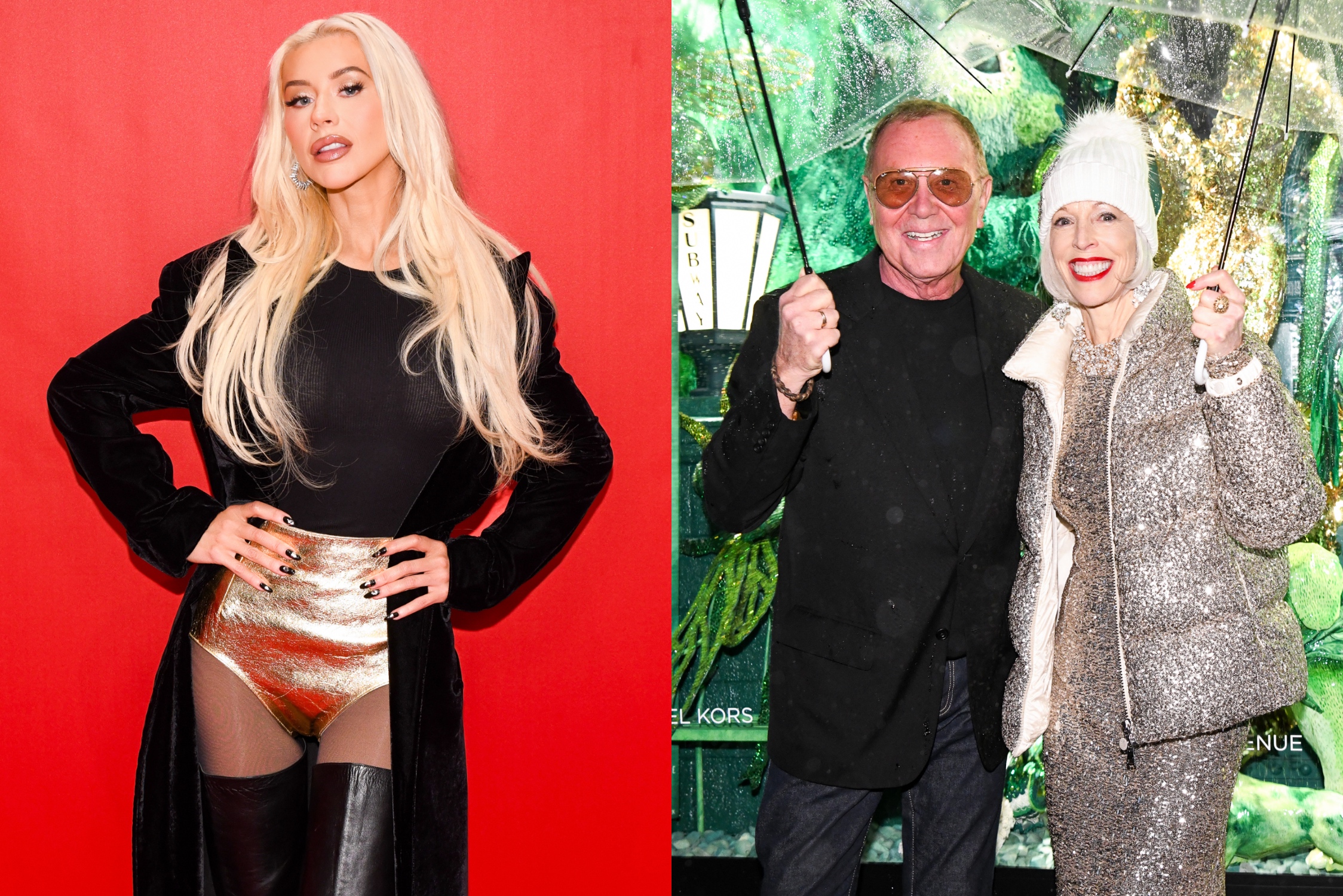Like the franchise’s previous prequel, the excellent “1883,” “1923” looks to fill in another chapter in the clan’s fragile attempts to build a new American empire in the hills of Montana and does so with some of the biggest stars the series has attracted yet. Here, the baton has been passed to Harrison Ford and Helen Mirren, two of the most venerated actors of their generation; it’s bizarre to see them here, in a spinoff of a spinoff of a streaming series. But they sink their teeth into the material they’re given, even if the little we’re given of them thus far offers scant indicators for how the rest of the show will fare.
Though its title scheme befits “1883,” “1923” is much more “Yellowstone” in tenor; where the former followed James Dutton (Tim McGraw) and his family on their way to what would become the Dutton ranch, “1923” sees it fully settled and thriving, with James’ brother Jacob (Ford) now in charge, with his wife Cara (Mirren) keeping everything running smoothly.
But where Duttons make camp, violence and trouble always follow them: the land is beset by drought and locusts, and the cowboys and sheepherders that occupy the region are at each other’s throats for what few resources are left. In the show’s opening moments, we’re treated to Mirren chasing down an unnamed intruder with a double-barrel shotgun, unloading on him, and screaming into the air. “Violence has always haunted this family,” “1883” character Elsa (Isabel May) coos in voiceover; whether human or animal, we get plenty of that before the first episode is through.
Over the premiere, we see how far that violence follows the Duttons, even halfway across the world. Sure, we spend the bulk of our time with Jacob and Cara, though hardly enough to let Ford do more than his signature late-life growling. (He cuts an imposing, iconic figure in Westerns, to be sure, but his stoic nature here hews close to stiffness.) Mirren’s far more dynamic, trading barbs with Jacob and offering sage advice for her grand-nephew’s fiancée (Michelle Randolph), forced to learn the secondary place women have in the lives of ranchers. “You have to want more than the boy,” she intones with an Irish lilt. “You have to want the life, too.”
You can view the original article HERE.

